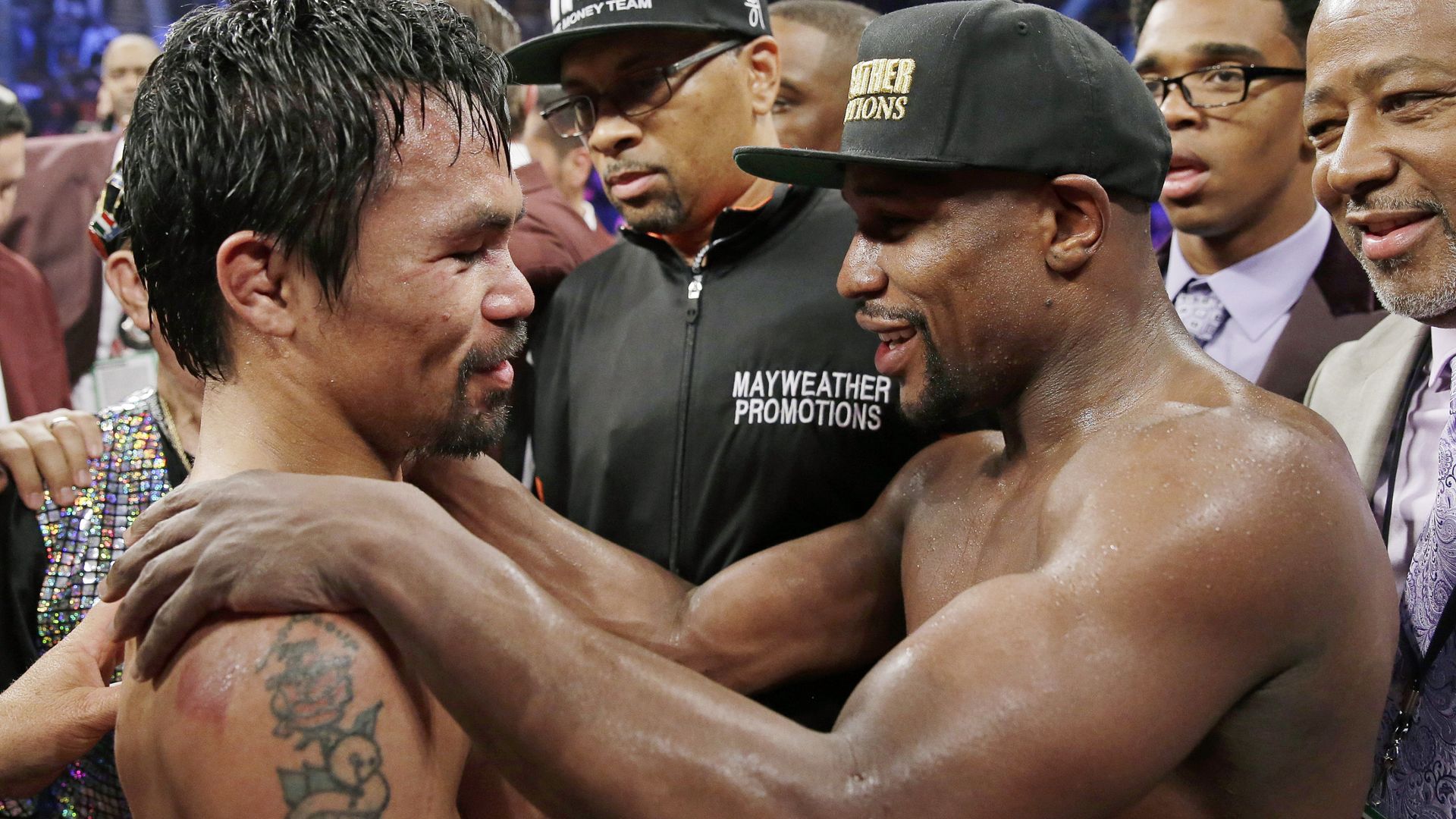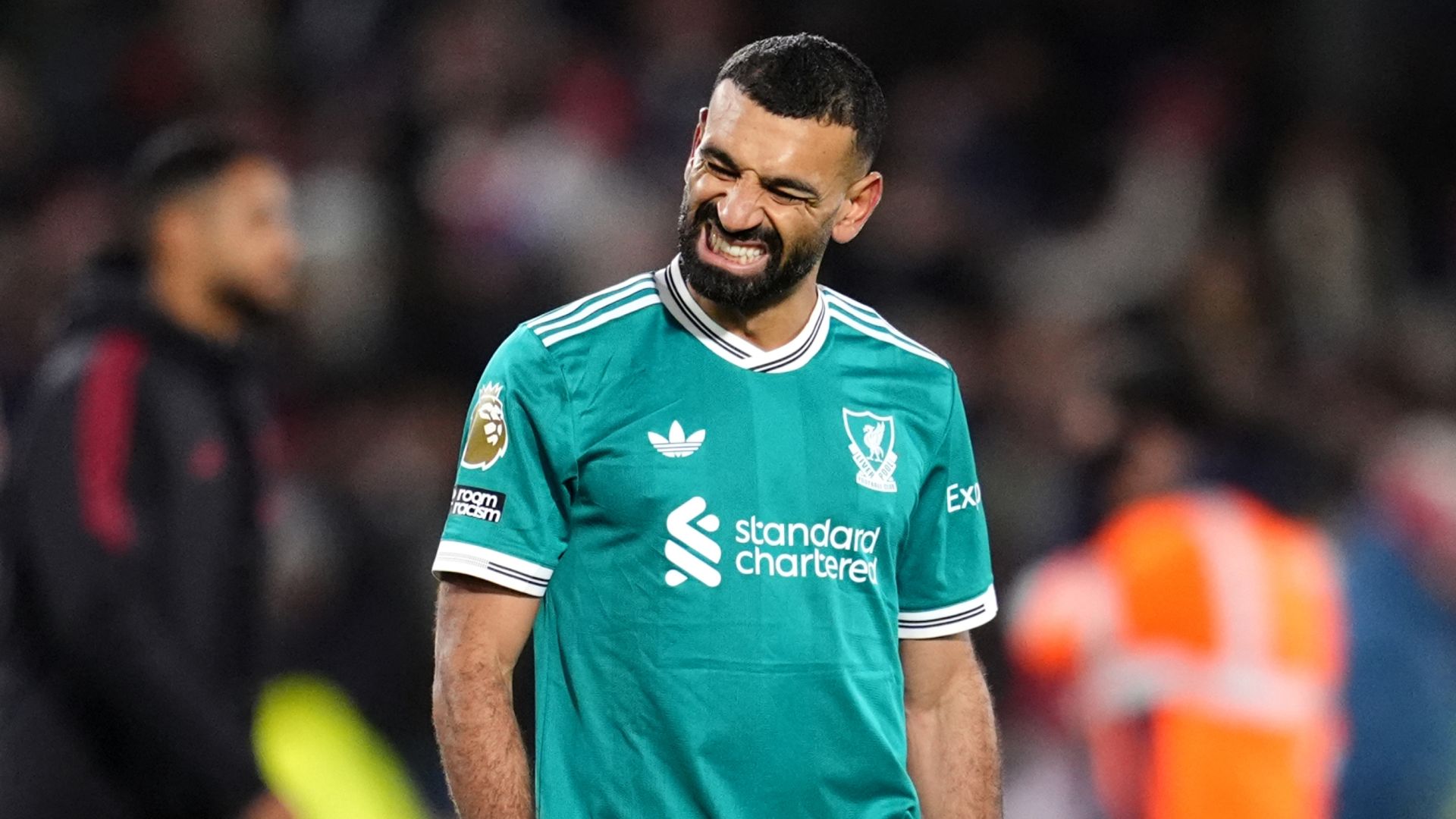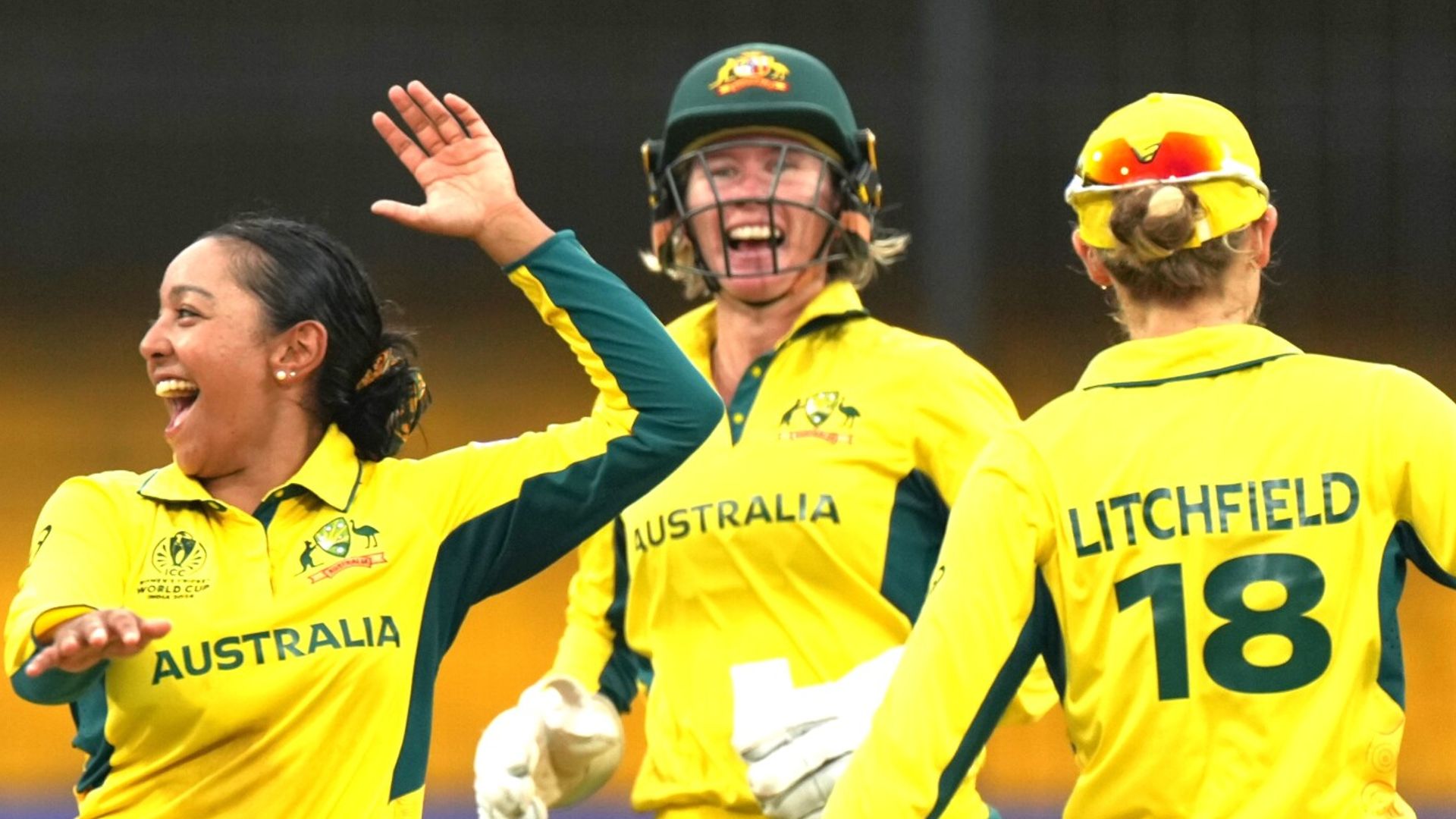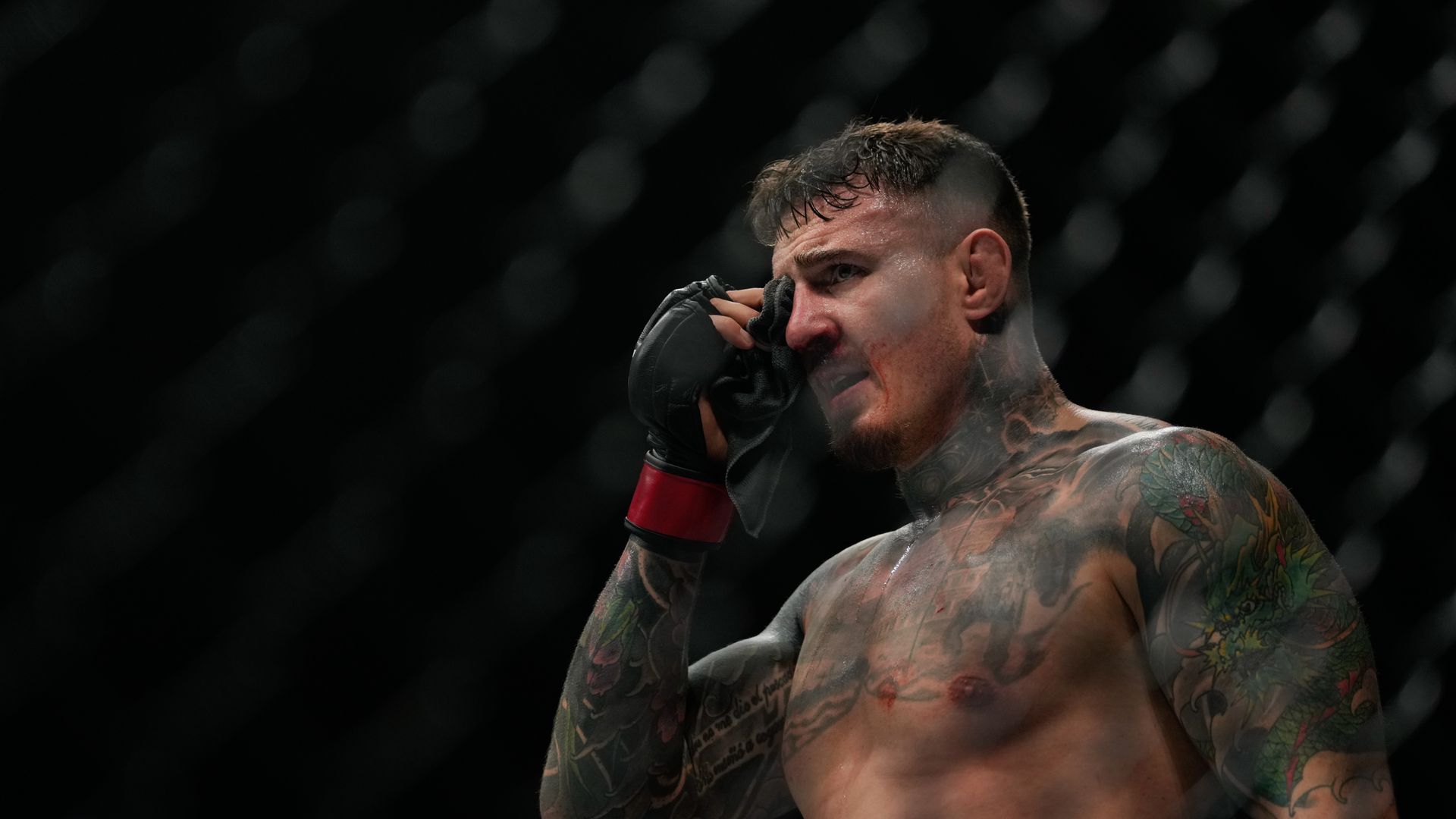Pacquiao’s Rematch with Mayweather: A Clash of Titans or a Desperate Cash Grab? The Fight That Divides Fans and Sparks Controversy in Boxing’s Modern Era!
Manny Pacquiao’s recent hints at a potential rematch with Floyd Mayweather have ignited a firestorm of debate among boxing fans and analysts alike. The prospect of a second showdown between these two titans of the ring is not merely a sporting event; it represents a complex intersection of legacy, financial motivations, and the evolving landscape of professional boxing.
The original bout between Pacquiao and Mayweather, held in May 2015, was marketed as the “Fight of the Century.” It generated unprecedented pay-per-view numbers and was a culmination of years of anticipation and rivalry. However, the fight itself was met with mixed reviews, as many fans felt it did not live up to the hype. Mayweather’s defensive style and tactical approach led to a unanimous decision victory, leaving a segment of the boxing community dissatisfied.
Fast forward to today, and the landscape of boxing has changed dramatically. The sport has seen the rise of new stars, the emergence of promotional powerhouses, and a shift in how fights are marketed and consumed. The question of whether a rematch would be a legitimate contest or merely a cash grab is at the forefront of discussions.
Pacquiao, a former senator in the Philippines and a national hero, has maintained a significant following. His career has been marked by remarkable achievements, including winning world titles in eight different weight classes. However, his recent performances have raised eyebrows, leading some to question whether he still possesses the skills necessary to compete at the highest level.
On the other hand, Mayweather, known for his impeccable defensive skills and business acumen, has remained a polarizing figure in boxing. His ability to generate revenue and attract attention is unmatched, but his legacy is often debated. Critics argue that his focus on financial gain has overshadowed the sport’s competitive spirit.
The potential rematch could serve as a litmus test for both fighters. For Pacquiao, it could be an opportunity to reclaim some of the glory that may have faded in recent years. For Mayweather, it could be a chance to further cement his legacy or, conversely, to risk tarnishing it against an opponent who may not be at his peak.
Moreover, the rematch would undoubtedly reignite the longstanding rivalry between their respective fan bases. Supporters of Pacquiao often emphasize his fighting spirit and willingness to take risks, while Mayweather’s fans highlight his technical prowess and strategic approach. This division is reminiscent of broader societal debates, where loyalty to a figure often overshadows objective analysis of their merits and flaws.
In addition to the personal stakes for both fighters, the financial implications of a rematch cannot be ignored. Boxing has evolved into a spectacle where pay-per-view sales and sponsorship deals play a crucial role in determining a fighter’s success. The allure of a rematch between Pacquiao and Mayweather would likely draw significant attention, potentially leading to lucrative financial rewards for both fighters and their promoters.
However, the question remains: would the fight be a genuine contest of skill and determination, or merely a calculated business move? The boxing community is rife with skepticism, and many fans are wary of the motivations behind such high-profile matchups. The notion of “legacy” in boxing is often intertwined with financial success, leading to a complex relationship between the two.
As the speculation surrounding a potential rematch continues, it is essential to consider the broader implications for the sport of boxing. The narrative surrounding Pacquiao and Mayweather is emblematic of a larger trend in professional sports, where the lines between competition and commerce are increasingly blurred.
The boxing world is no stranger to rematches, but the stakes are particularly high in this case. The legacy of both fighters hangs in the balance, and the outcome could have lasting repercussions for their careers and the sport as a whole.
In the end, whether fans view a potential rematch as a thrilling opportunity or a disappointing cash grab may depend on their perspectives on the fighters themselves. The boxing community is divided, and as the conversation unfolds, it is clear that the implications of this potential rematch extend far beyond the ring. The clash of titans is not just a sporting event; it is a reflection of the complexities and contradictions that define modern boxing.




